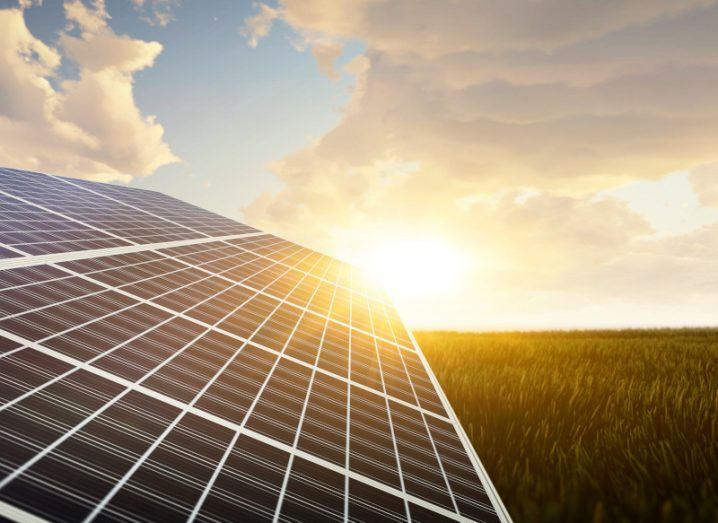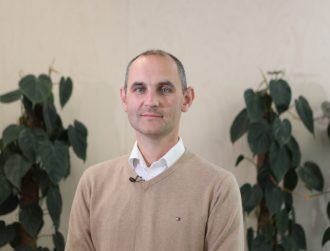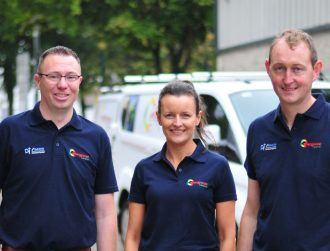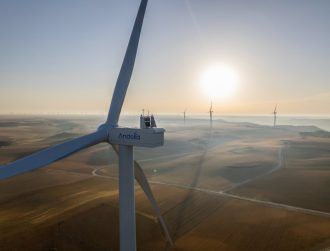
Image: © Jess rodriguez/Stock.adobe.com
A new MIT study claims the cost of ‘soft technology’ has reduced far slower than solar energy hardware, which could hamper the global transition to clean energy.
A new study claims that some aspects of solar energy technology have improved slower than others, which must be addressed to reduce future costs.
The MIT study claims the cost of installing a solar energy system has dropped by 99pc since 1980, largely due to improvements in hardware features over the years.
However, this report found that “soft technology” features contributed only 10pc to 15pc of these total cost declines. These features include codified permitting practices, supply chain management techniques and system design processes.
This issue is important as soft technology is increasingly dominating the total costs of installing solar energy systems. The study suggests these “soft costs” can represent anywhere from 35pc to 64pc of designing and installing a solar power plant.
Prof Jessika Trancik of MIT and the study’s senior author, said this trend could slow future costs savings and hamper the transition to clean energy.
“Really understanding where the efficiencies and inefficiencies are, and how to address those inefficiencies, is critical in supporting the clean energy transition,” Trancik said. “We are making huge investments of public dollars into this, and soft technology is going to be absolutely essential to making those funds count.”
“However, we haven’t been thinking about soft technology design as systematically as we have for hardware. That needs to change.”
To make this assessment, the researchers developed a quantitative approach that models the change in solar energy costs over time. They did this by assigning contributions to the individual technology features, including both hardware features and soft technology features.
The team found that countries with better soft technology performance 20 years ago still have better performance today, while those with worse performance didn’t see much improvement.
The study lists a number of ways to potentially reduce soft technology costs, such as creating simpler, standardised equipment that reduces on-site installation time, creating more efficient workflows for system installation or developing automated permitting platforms.
The researchers plan to apply their quantitative model to study the soft costs related to other technologies such as electric vehicle charging and nuclear fission. They also aim to learn more about the limits of soft technology improvement.
10 things you need to know direct to your inbox every weekday. Sign up for the Daily Brief, Silicon Republic’s digest of essential sci-tech news.






